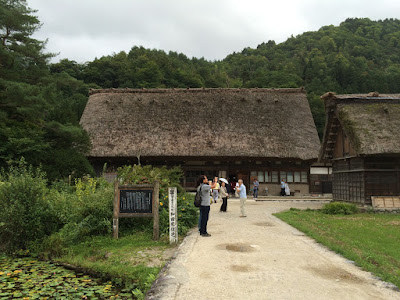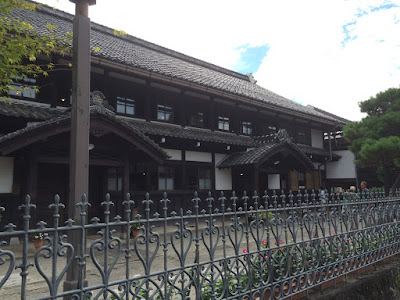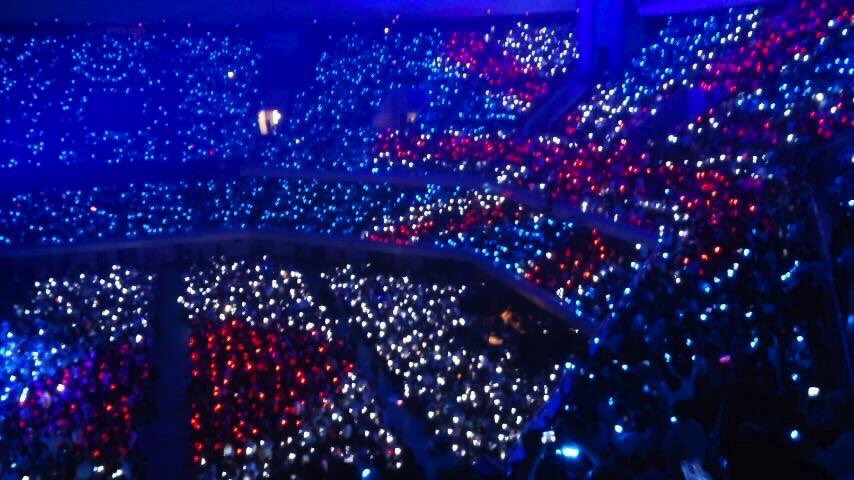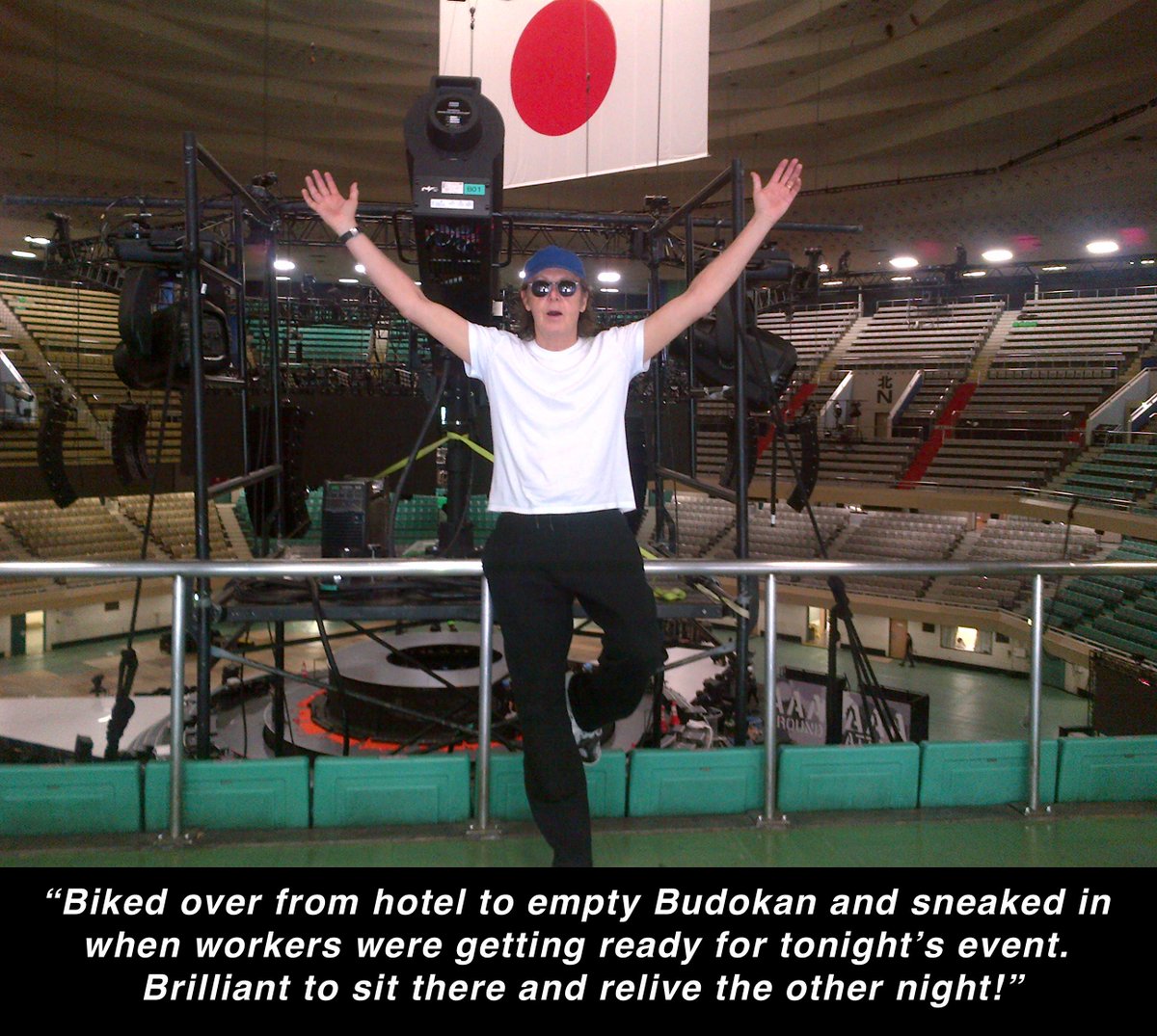Shirakawa-go (village) is special for three points as follows: First, there are many old Japanese style houses which are very difficult to see any other place, what's more, these houses are used by village people in their actual lives.
Second, the style of the houses "Gassho Zukuri" is unique. "Gassho" means "palms placed together", "Zukuri" means "style" or "structure". Gassho Zukuri is a feature of the houses is the steep roof (of 45 degree to 60 degree), and the structure is called gassho zukuri because the houses resemble palms placed together and fingers pointing upward in prayer. No nails or other metal materials are used. (quoted from Japan National Tourism Oraganization)
Third, the houses (including Gokayama area, near Shirakawa-go) are registered by UNESCO as a World Heritage site. This status is the only one in Japan for old houses.
As for me, I like the shape of Gassho zukuri very much since I was a child. I have many reasons as mentioned above, I decided to go to Shirakawa-go. This village is just what I'd expect.
Access and Entrance
Many tourists may choose the way to Shirakawa-go, from Tokyo or Osaka to Nagoya by Shinkansen bullet train, then to Shirakawa-go by bus. It takes about three hours from Nagoya to Shirakawa-go.
FYI:Access to Shirakawa-go - Shirakawa village office
I like train trips, so I got in a train directly connected between Osaka and Takayama (nearest train station of Shirakawa-go). It takes 50 minutes from Takayama to Shirakawa-go. This way costs more than the way from Nagoya to Shirakwa-go by bus, however, I enjoyed this better way.
Many shightseeing spots in Japan have poor guides for foreigners. As for Shirakawa-go, tourist maps are available in seven languages at Tourist Information Center, which is located in front of the Shirakawa-go bus stop.
When you walk over a bridge near the bus stop...
The scenery totally changes from modern to old, with many people. (this day was Friday.)
Inn
I had reserved this inn "Furusato" (home village). It isn't equipped with air conditioners. The TV is only in the dining room. Guests rooms are divided not by walls but by shoji (partitions / doors made by thin wood pain and paper), therefore everyone can hear you and vice versa.
Such "inconvenience" didn't make me disappointed. The climate in Shirakawa-go in September was comfortable (in Osaka and Tokyo, still hot and humid), other guests who stayed this inn the same night were polite and quiet.
On the other hand, rest rooms are modern and convenient. I feel this attitude - going together "maintain old good things" and "bring modern things" at other spots of Shirakawa-go. It seems to be the theme of this village.
The landlord recommended that you should use an external spa facility because the bath of this inn is small. She gave me a discount ticket of the facility.
The accommodation charge was 8900yen including dinner and breakfast, I think it is reasonable.
The men in these pics are the sons of the Japanese Emperor. (center is the crown prince, right is his younger brother) The landlord said they stayed at this inn when they were university students. I know that the Japanese Emperor family is relatively modest and non-gorgeous but was surprised at these pictures which showed such people stayed at this common touch inn.
A guest room for me.
Soba noodle
Soba noodle for lunch at "Nomura". It was good - never "a typical dull restaurant at a sightseeing place"
Flowers and Gassho-style houses
The Wada House
The Wada family were the leaders of this village. Nowadays, Wada family members live in this house. (you can see the Satellite antenna on the roof in an above pic) This house is designated as "Important Cultural Property" by the Japanese Government because this house is well preserved even for being constructed over 300 years ago. In addition, the size of this house is the biggest in this village. This is well worth seeing.
FYI: The Wada House - Shirakawa village office
This sign says, "Beyond this point, Wada-family's living space. Please do not open the door"
A silkworm factory floor.
Overview
Path to the hill which you can see the overview of this village from. Buses available to the top of this hill, but a healthy adult can walk to the top of the hill for only 10-15 minutes.
Overview.
Bath
"Shirakawa-Go-no-Yu", the bath which the landlord of "Furusato" recommended. It is in the gender-segregated. New and comfort.
Outside view from the rest space of the bath.
Inn Dinner
The main dish was "Hida-beef", famous tasty beef of this area. Worth a try.
In my room, I drunk a bottle of sake which was made at the local brewery. Staying at a genuine Gassho-style house, it was my dream from my childhood.
Next Morning
Sunny day.
Breakfast.
Next visit to the hill.
Gassho-style barns. I was surprised that Gassho style also applied to such small barns.
Takayama
At noon, I went back to Takayama station by bus.
I love ramen. I appreciated this ramen of restaurant "Kyo-ri" with fascinating soy-source flavor of soup.
No crowd was in this road from the station to the popular spot Sanmachi street...
When you walk into the street, you find such a crowd. Many tourists were there. (this day was Saturday.) I admit that this street has classical beauty, however, congestion made the value worse. In Shirakawa-go, many people also gathered, however it is a village, it has many streets and spaces. Sanmachi main street is only one, so many people concentrated on one narrow street.
You can go through Sanmachi street in only ten or less minutes by foot. At the end of the street, there is the Takayama Municipal Government Memorial Hall, which used to be the city office in the past. At this spot, you may enjoy the classical beauty of this area with a smaller crowd than in Sanmachi street.
I went back to Osaka on the return train of the outward one. Throughout two days, I really enjoyed the old Japanese houses and streets, with many tourists.






































